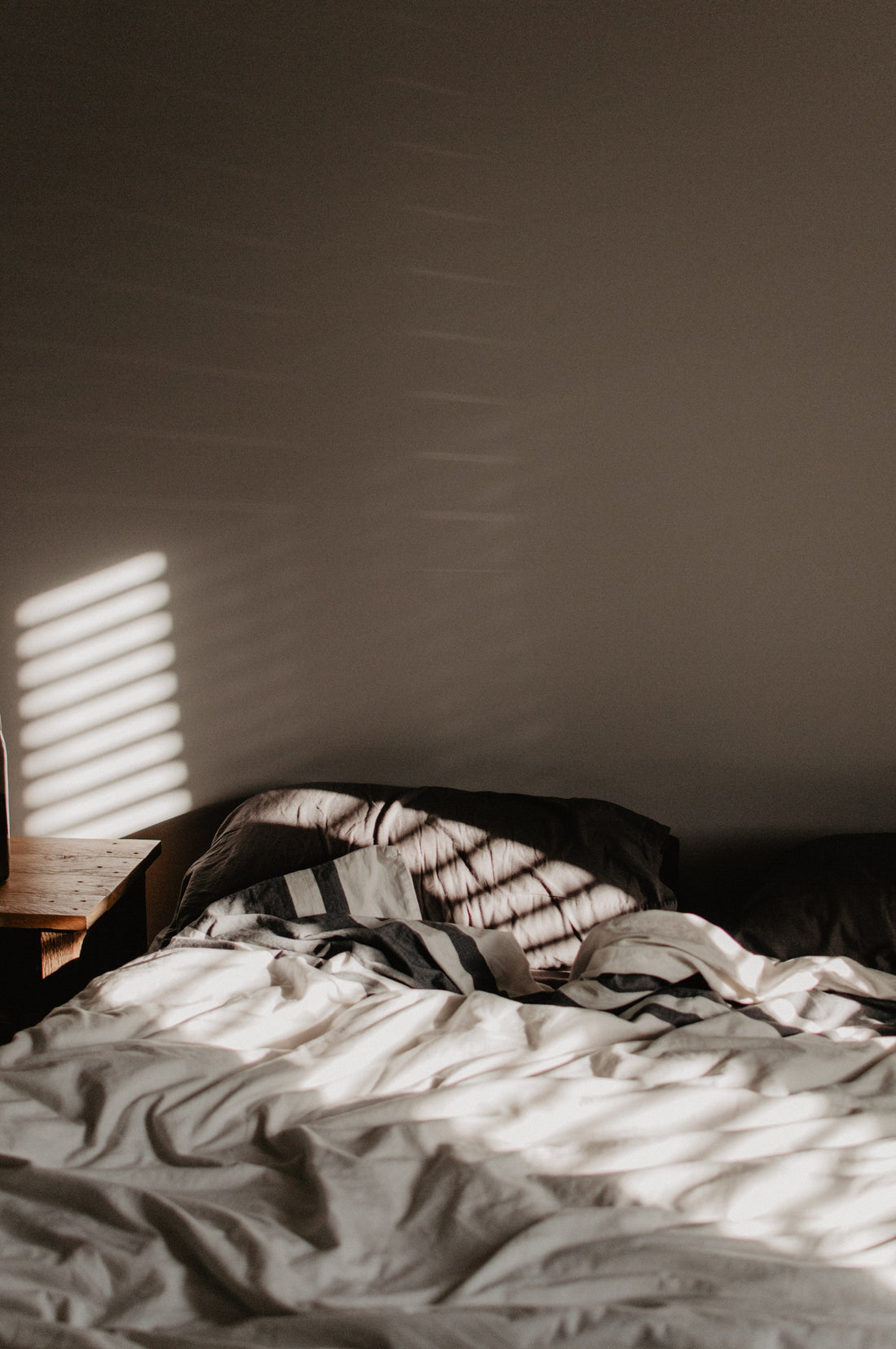
7 highly effective sleep habits to start tonight!
Share
Even though we know our bodies need sleep, many Australians don’t apply the same discipline to healthy sleeping habits that we do to our healthy exercise and eating habits. According to Market Research firm, YouGov, as many as 1 in 3 Australians don’t get the recommended 7 to 8 hours sleep a night, and, once we are asleep chances are it’s not restful, with more than 85% of Australian’s waking at least once a night1.
To help you get a better night’s sleep – why not try out our 7 highly effective sleep habits for 7 days to give your sleep the reset and refresh it needs.
1. Go to bed at the same time every night.
There’s a reason it’s recommended that kids have a bedtime! Going to bed at the same time every night not only sets up routine, but it also trains our brain, and our body clocks, signalling the right time to sleep.
2. Wake at the same time every morning.
Constantly hitting the snooze button doesn’t help you get more restful sleep – it probably just makes you late for school or work! Once you’ve established a good go to sleep routine, a good wake up routine will follow. When the alarm goes off – get up – you’ll feel better for it.
3. Make your bedroom dark.
Light confuses the brain into thinking its daytime and not time to sleep. The chemical our body uses to help us sleep, melatonin, is produced in the brain and triggered by darkness and inhibited by light. When there’s too much light we produce less melatonin, making it harder to fall asleep.
4. Eat light.
Having a lighter meal at the end of the day puts less strain on your digestive system, allowing your body to be ready for sleep. It can take up to 3 hours to properly digest a meal, so giving your body time to do this before you sleep is important. You’ll also be less likely to suffer from heartburn and reflux that can keep you awake.
5. Avoid caffeine and alcohol.
Overstimulating the nervous system with coffee or alcohol before bed doesn’t just stop you from falling asleep, it can also contribute to more frequent waking through the night, increasing your chances of a bad night’s sleep and waking unrefreshed.
6. Meditate.
You don’t need any special skills or equipment to practice meditation techniques. Meditation can simply be sitting in a dimmed room and focussing on deep breathing. There is a long list of studies that suggest meditation improves sleep quality.
7. Take your computer (and your phone!) out of your room.
This is a hard one – especially for teenagers who might panic if technology isn’t in arms reach. Removing technology from the bedroom simply requires commitment and discipline… and for parents trying to change teen habits, its best to lead by example.
Support Healthy Sleep with Herbs of Gold Magnesium Night Plus
Did you know having adequate levels of magnesium can also help in your efforts to get a good night’s rest? Herbs of Gold Magnesium Night Plus contains high-strength magnesium combined with carefully selected sleep herbs Passionflower and California poppy, traditionally used in Western herbal medicine as nervous system relaxants to relieve restlessness and to improve sleep.
Suitable to be taken just once a day, before bed, Magnesium Night Plus can be used by both teenagers and adults and is available in a delicious citrus-berry flavoured powder.
1. YouGov. (2019). One in three Australians not getting enough sleep.
https://au.yougov.com/news/2019/03/21/one-three-australians-not-getting-enough-sleep
